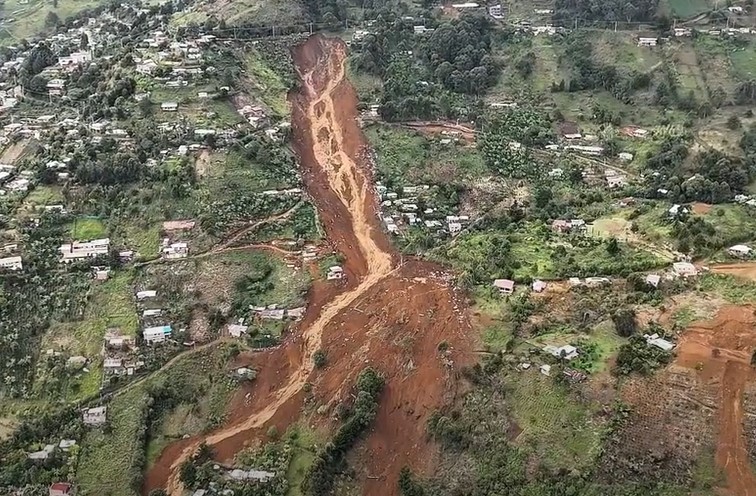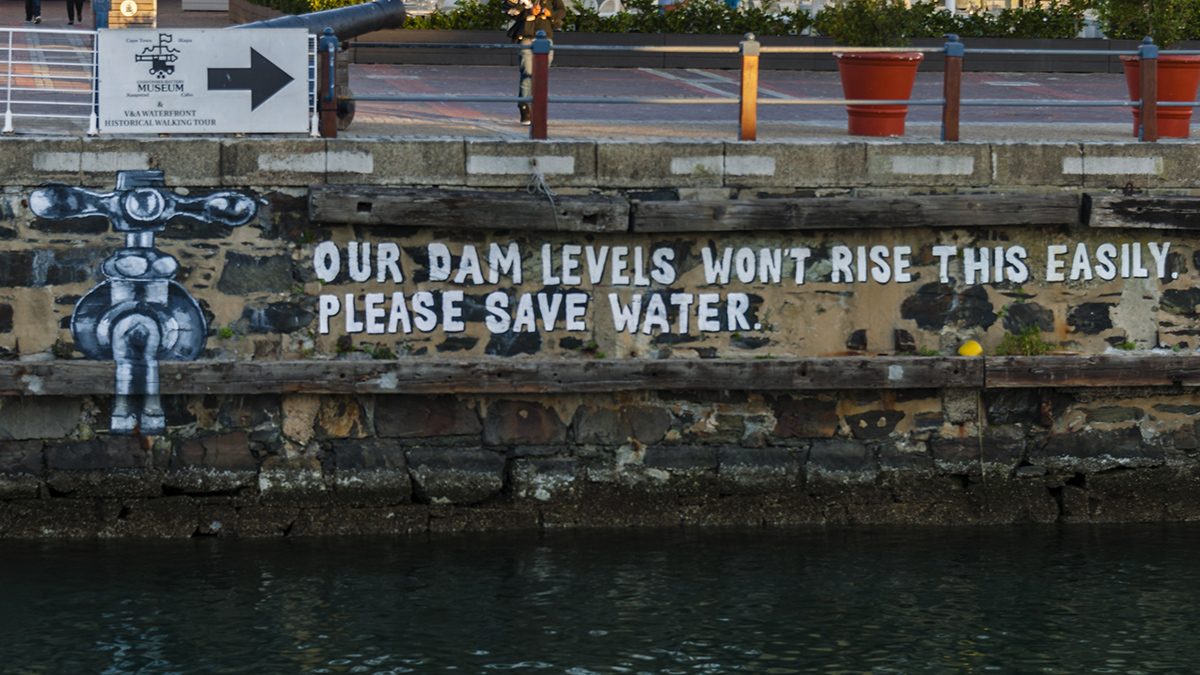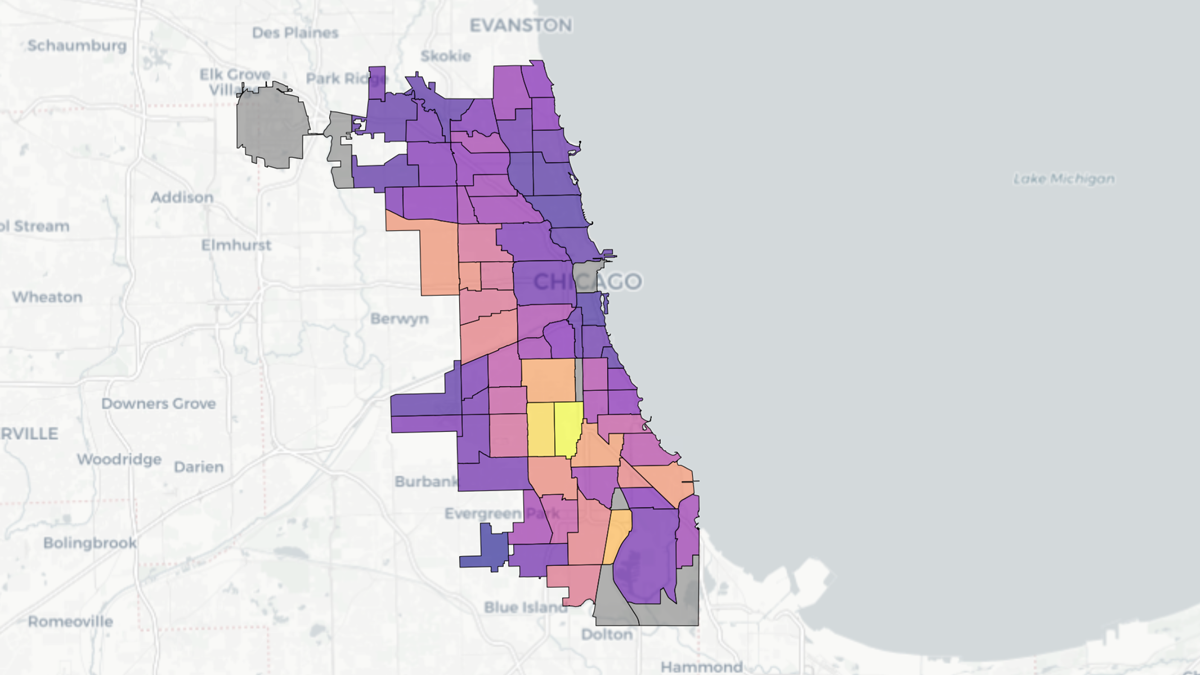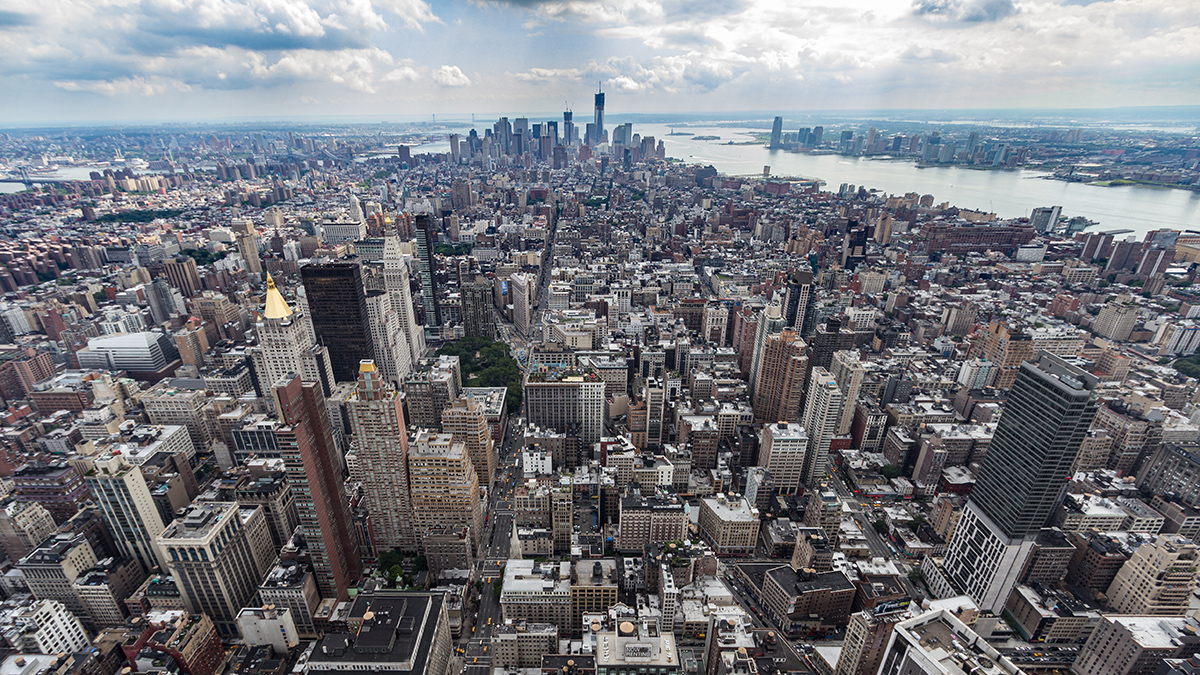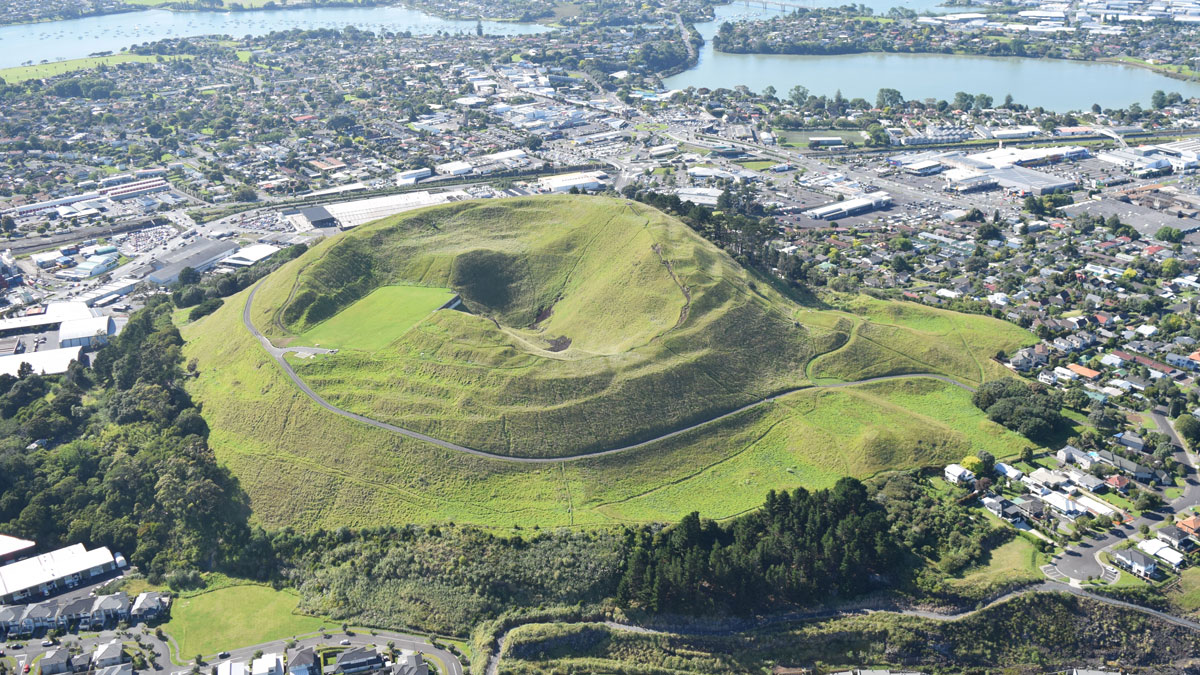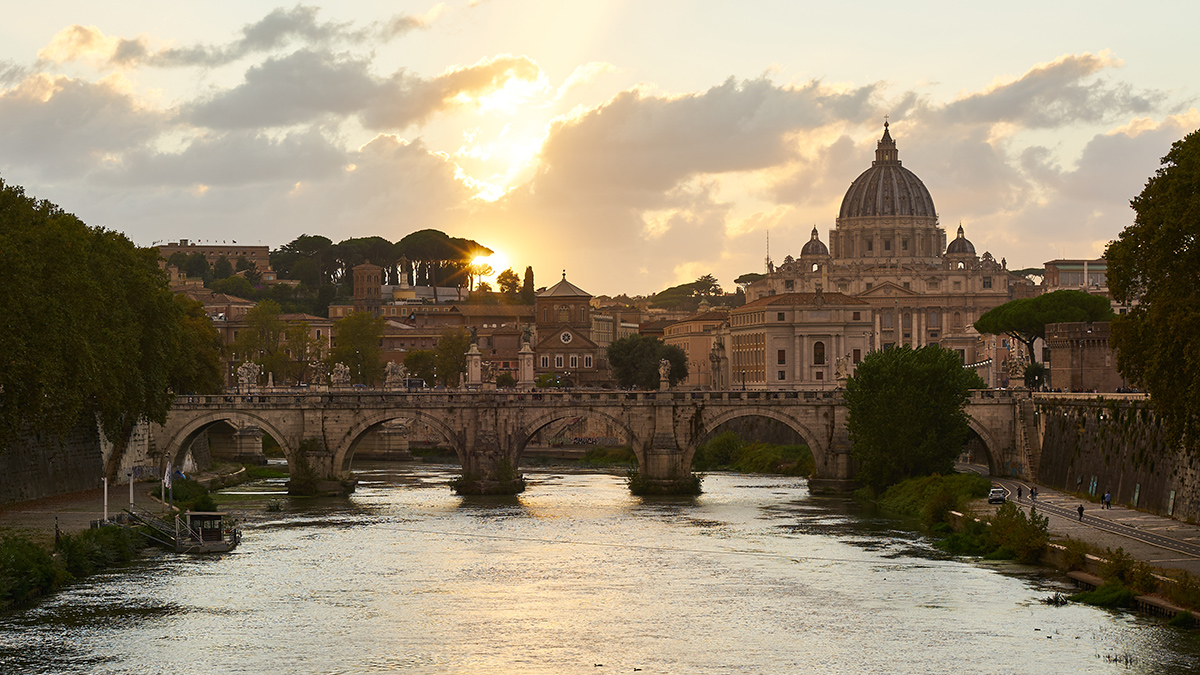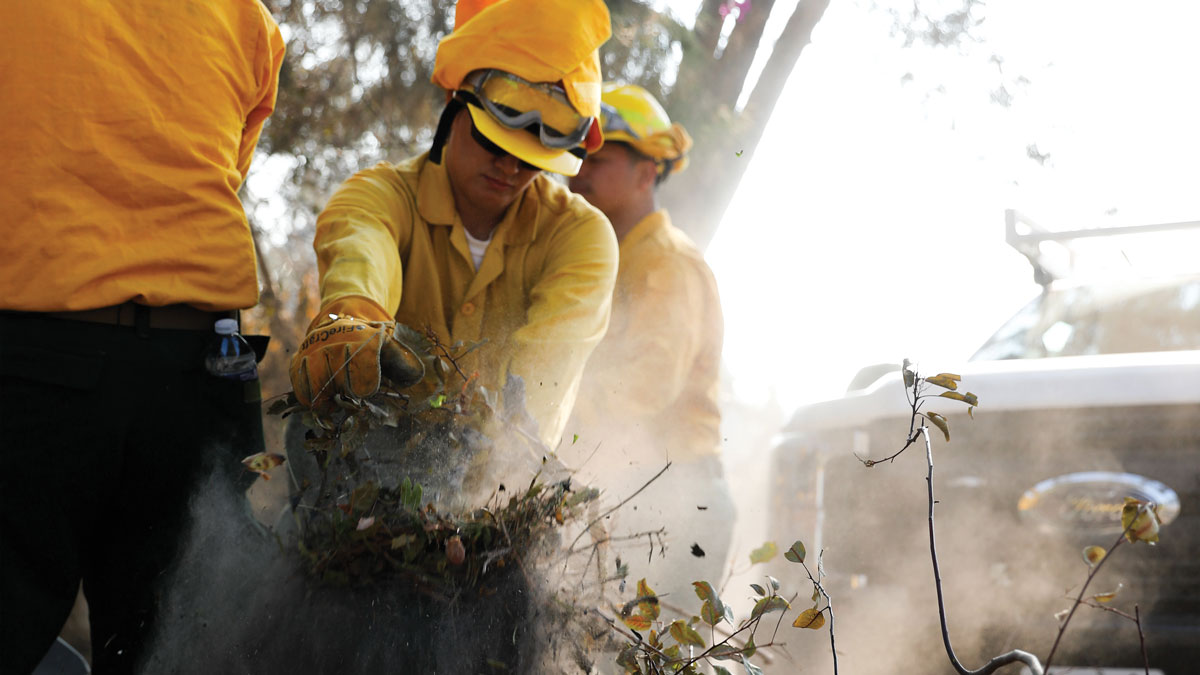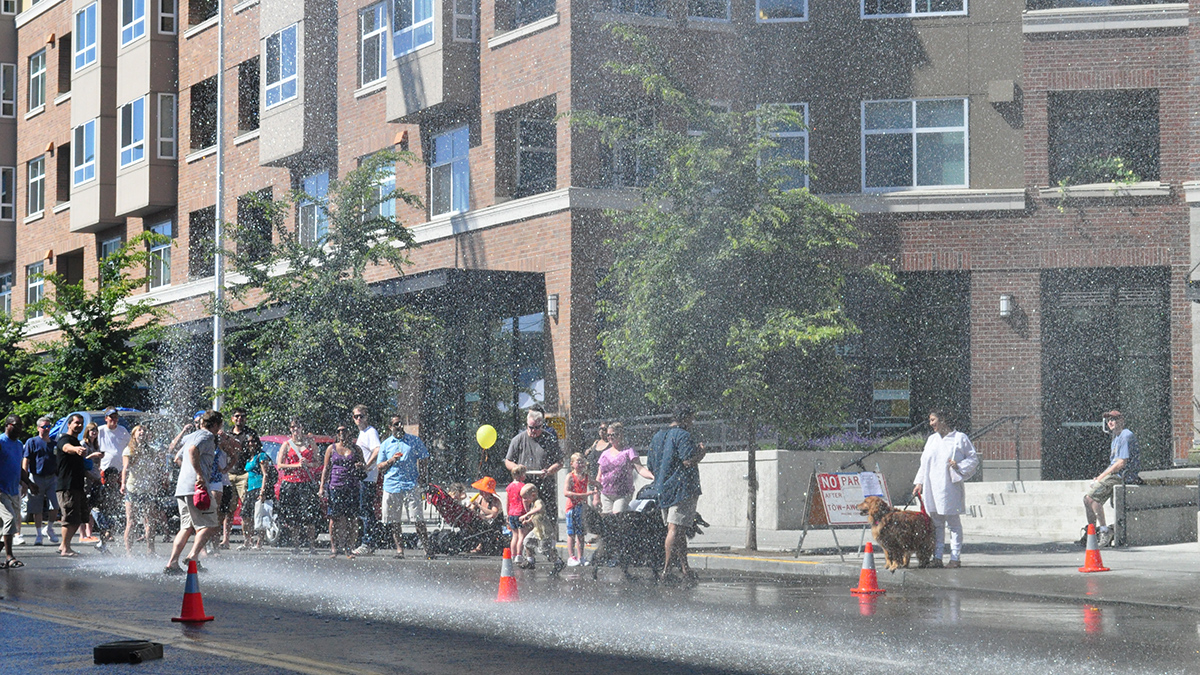An fascinating case study from the 24 June 2025 Granizal landslide in Medellín, Colombia, which killed 27 people and destroyed 50 homes, shows demonstrates that it is not just the urban poor that are exposed to landslides. That urban areas can be subject to high levels of landslide risk is well-established – commonly cited examples […]
cities
City Dwellers Face Unequal Heat Exposure En Route to the Metro
Socioeconomic factors drive how much extreme heat public transit users in Chicago, NYC, and Washington, D.C., experience as they walk to and from metro stations.
Are “Day Zero Droughts” Closer Than We Think? Here’s What We Know
A new study warns that day zero droughts—when reservoirs fail to supply taps—could become common within this decade.
Chicago Soil Maps Childhood Lead Exposure Risk
Researchers combined soil measurements and public health data to identify areas where children may be exposed to unsafe levels of lead in the dirt.
Satellite Scans Can Estimate Urban Emissions
As more cities strive to meet climate goals, space-based observations may help fill in the gaps on tracking emissions.
“Passion Project” Reveals Auckland’s Hidden Urban Faults
An innovative analysis has identified 10 likely and 25 possible faults in the region.
Climate Change May Have Killed 16,469 People in Europe This Summer
Researchers warn that preventable heat-related deaths will continue to rise with continued fossil fuel emissions.
Donde hay fuego, hay humo
Utilizando los instrumentos de monitoreo existentes y nuevos, investigadores trabajan para comprender mejor la calidad del aire durante y después de los incendios forestales de Los Ángeles.
Extreme Heat in U.S. Cities Revealed at High Resolution
Data from personal weather stations power a novel way to detect urban heat islands.
Where There’s Fire, There’s Smoke
Using both existing and newly launched monitoring instruments, researchers work to better understand air quality during and after the Los Angeles wildfires.

